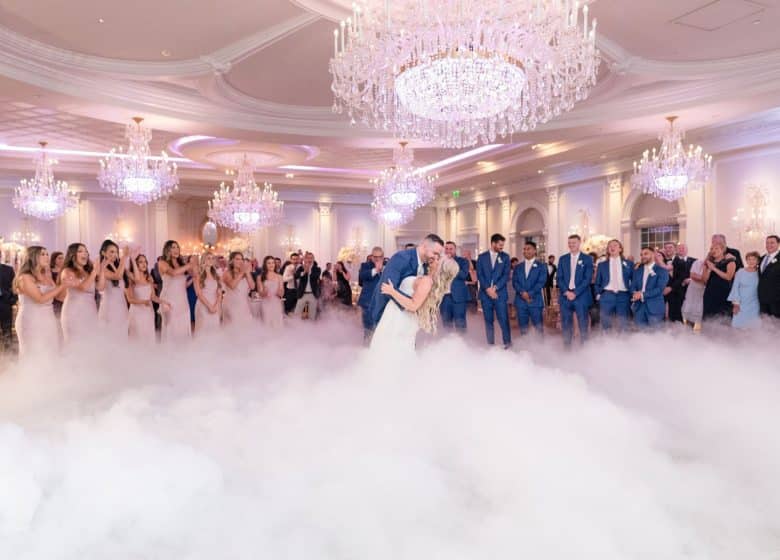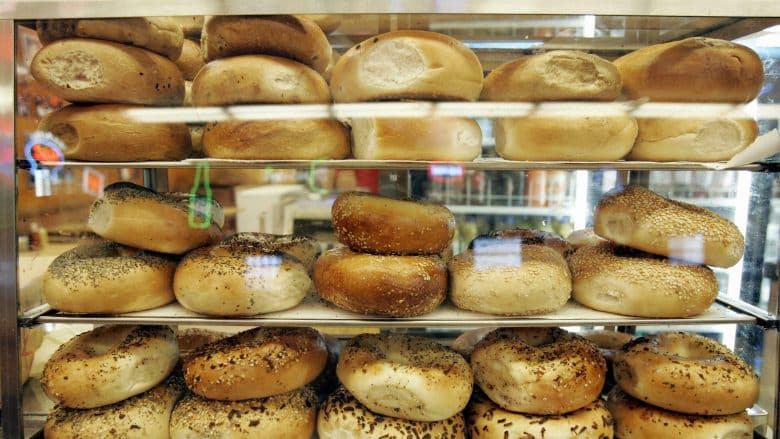An In-Depth Analysis
Politics and travel are two interconnected spheres that significantly influence each other. While travel can promote cultural exchange and understanding, politics can shape travel patterns in ways that can either boost or hamper hotel bookings. This article delves into how politics affects hotel bookings, examining various factors such as travel bans, political stability, government policies, and international relations.

Travel Bans and Restrictions
One of the most direct ways politics impacts hotel bookings is through travel bans and restrictions. Governments may impose these measures for various reasons, including national security, public health, and diplomatic disputes. For example, the travel ban imposed by the United States in 2017 on several predominantly Muslim countries led to a significant decline in visitors from those nations, directly affecting hotel bookings in major US cities. Hotels that typically cater to international travelers can experience sharp declines in occupancy rates due to such policies.
Political Stability and Safety
Political stability is a crucial factor for travelers when choosing their destinations. Countries with ongoing political turmoil, protests, or conflicts tend to see a decline in tourist numbers. For instance, the political unrest in Hong Kong in 2019 resulted in a substantial drop in hotel bookings as tourists avoided the city due to safety concerns. Conversely, countries perceived as politically stable often see a boost in tourism, positively affecting hotel bookings. Travelers prioritize their safety, and any signs of political instability can lead to cancellations and a reduction in future bookings.
Government Policies and Tourism Promotion
Government policies that promote tourism can significantly enhance hotel bookings. For instance, visa policies, tourism marketing campaigns, and infrastructure investments can make a destination more attractive to travelers. Countries like Thailand and Malaysia have implemented policies that streamline the visa application process and invested heavily in promoting their tourism sectors, leading to increased hotel bookings. On the other hand, stringent visa requirements and lack of promotional efforts can deter tourists, negatively impacting hotel occupancy rates.
Diplomatic Relations
The state of diplomatic relations between countries also plays a vital role in influencing travel patterns. Diplomatic tensions can lead to travel advisories and warnings, discouraging tourists from visiting certain destinations. For example, strained relations between Russia and several Western countries have led to a decrease in Russian tourists to those regions, impacting hotel bookings. Conversely, improved diplomatic relations and bilateral agreements can boost travel and hotel bookings. The normalization of relations between the United States and Cuba in 2014 led to a surge in American tourists visiting Cuba, resulting in increased hotel occupancy rates.
Economic Sanctions
Economic sanctions imposed by one country on another can also have a ripple effect on the tourism industry. Sanctions can lead to reduced disposable income for citizens, making international travel less affordable and decreasing hotel bookings. Additionally, sanctions can limit the availability of flights and other travel services, further hindering tourism. For instance, the economic sanctions on Iran have significantly reduced the number of international tourists visiting the country, impacting hotel occupancy rates.
Political Events and Conferences
Major political events, such as international summits, conferences, and state visits, can temporarily boost hotel bookings in the host city. These events attract diplomats, journalists, and support staff, leading to increased demand for hotel accommodations. For example, the G20 Summit held in Osaka, Japan, in 2019 brought a surge of visitors, resulting in higher hotel occupancy rates during the event. However, the impact of such events is usually short-term and localized.
National Elections
National elections can have varying effects on hotel bookings. In democratic nations, election periods can either boost or decrease hotel bookings depending on the political climate. In some cases, elections can attract political analysts, journalists, and campaign teams, increasing hotel occupancy. In other instances, if the elections are expected to be contentious, tourists might avoid traveling to the country during that period, leading to a drop in bookings. For example, the contentious 2019 elections in Bolivia led to widespread protests, causing a decline in tourist arrivals and hotel bookings.
Final Thoughts
The interplay between politics and hotel bookings is complex and multifaceted. Travel bans, political stability, government policies, diplomatic relations, economic sanctions, political events, and national elections all contribute to shaping travel patterns and, consequently, hotel occupancy rates. Hotels and tourism stakeholders must remain vigilant and adaptable to these political dynamics to mitigate negative impacts and capitalize on positive trends. By understanding the political landscape and its potential effects, the hospitality industry can better navigate the challenges and opportunities that arise from the ever-changing political environment.

